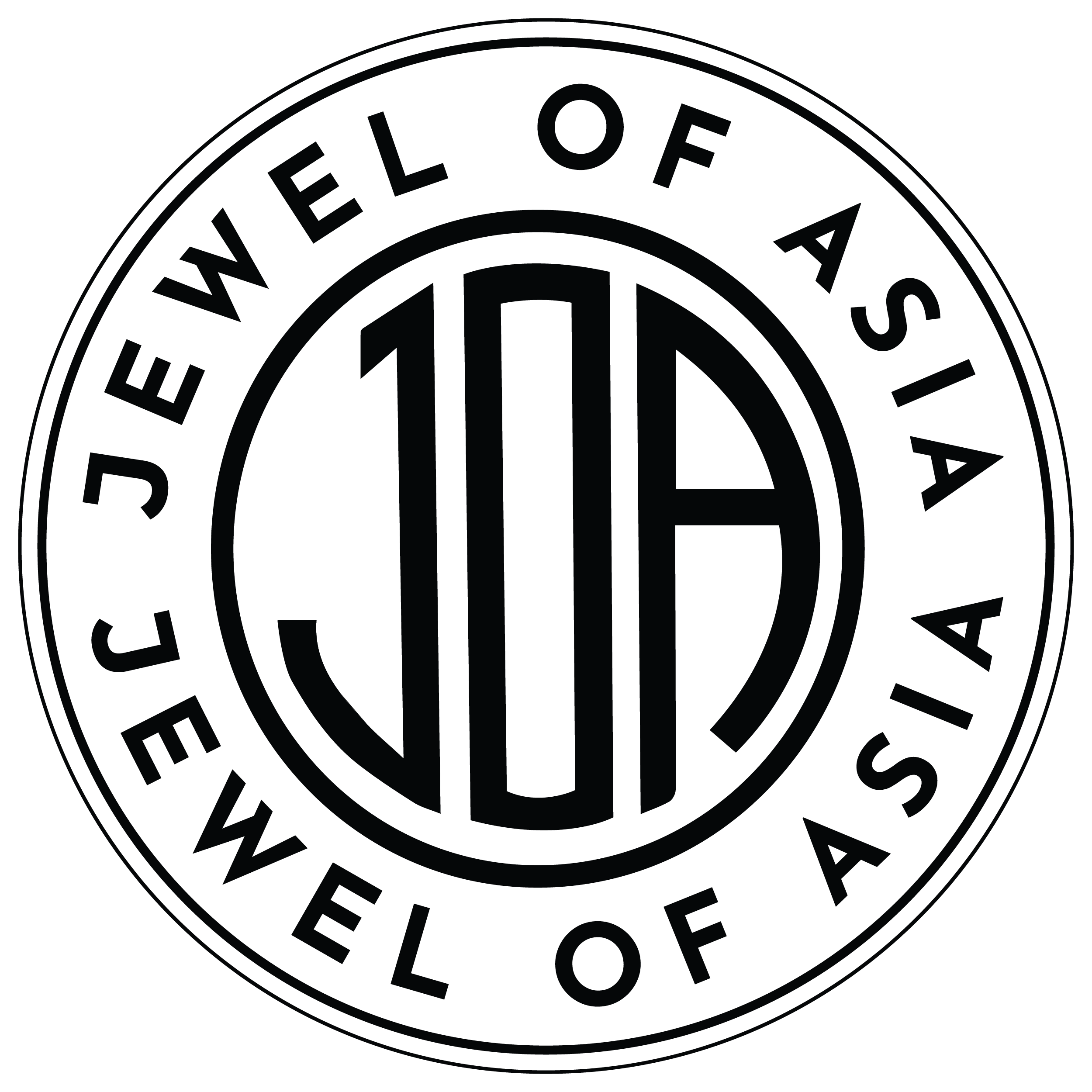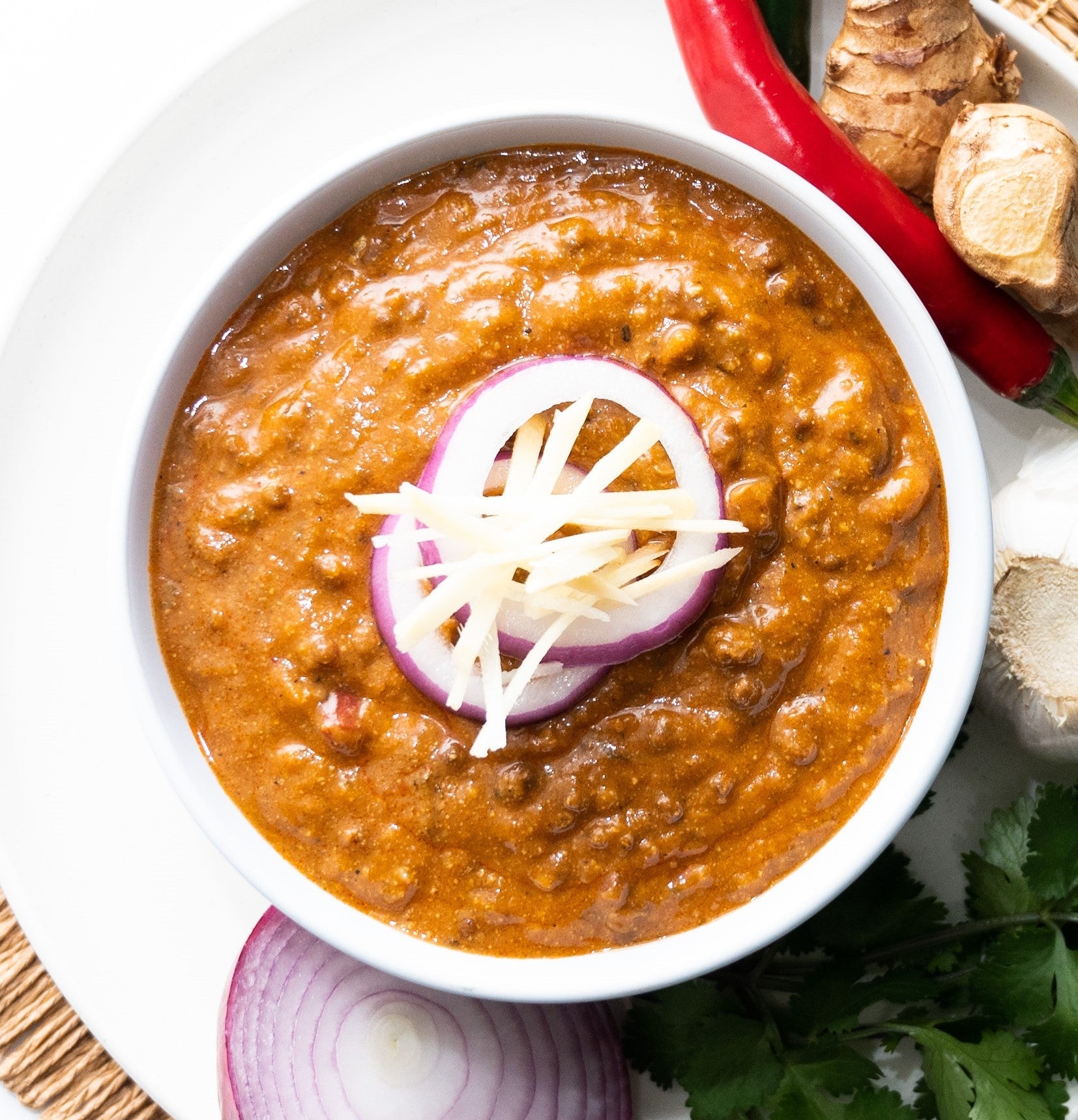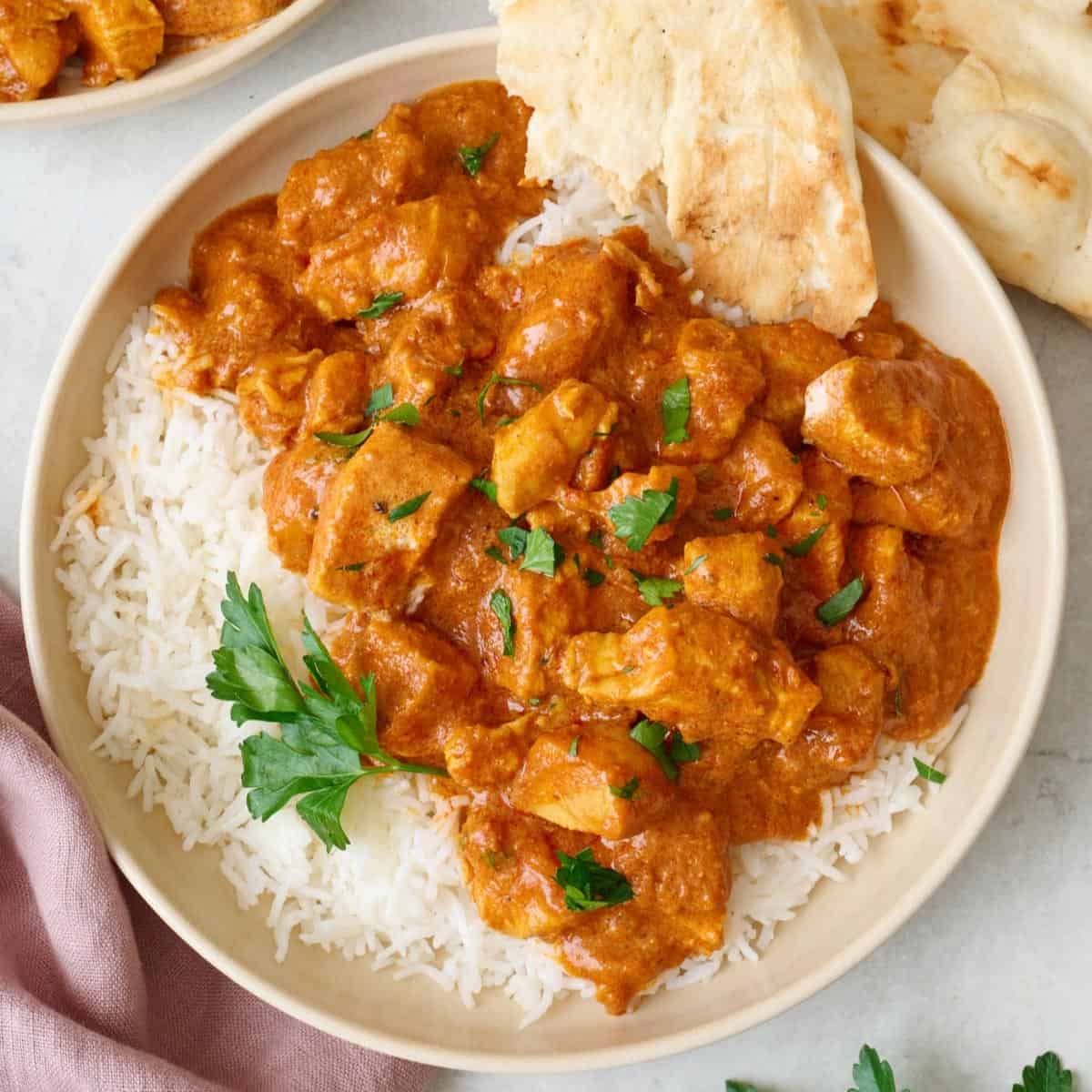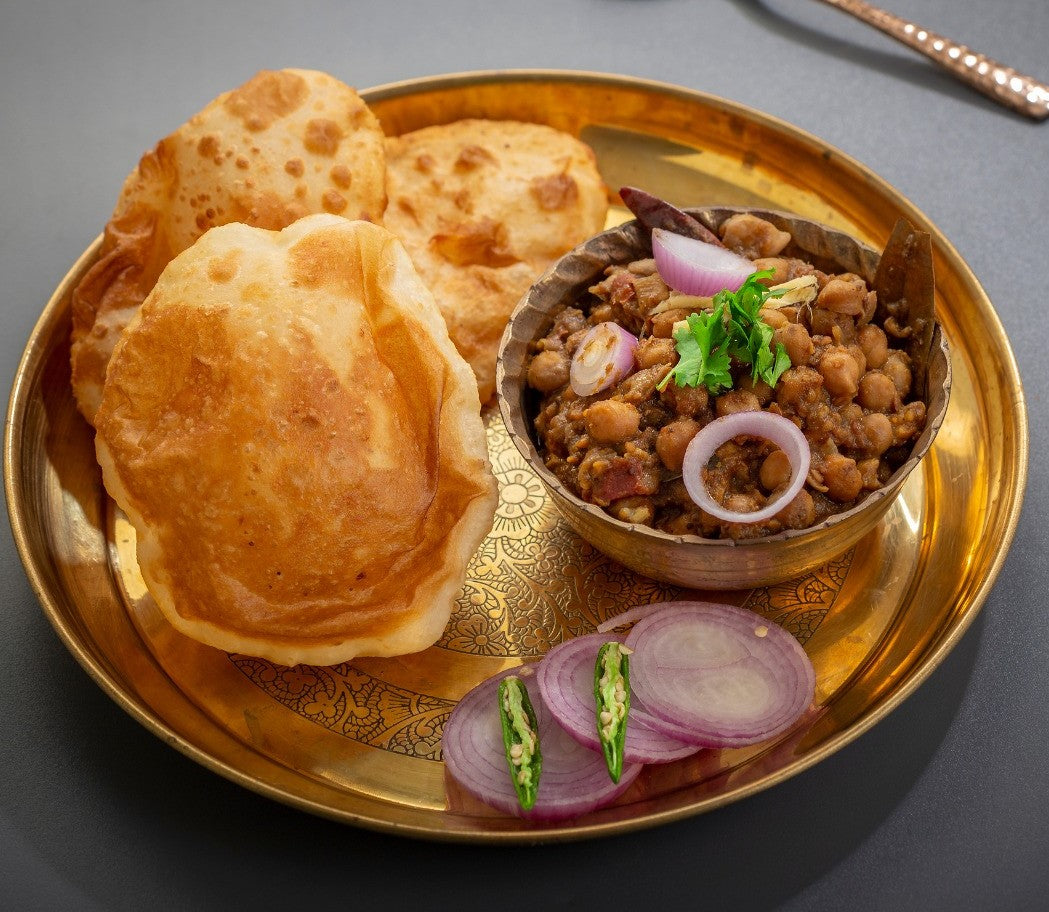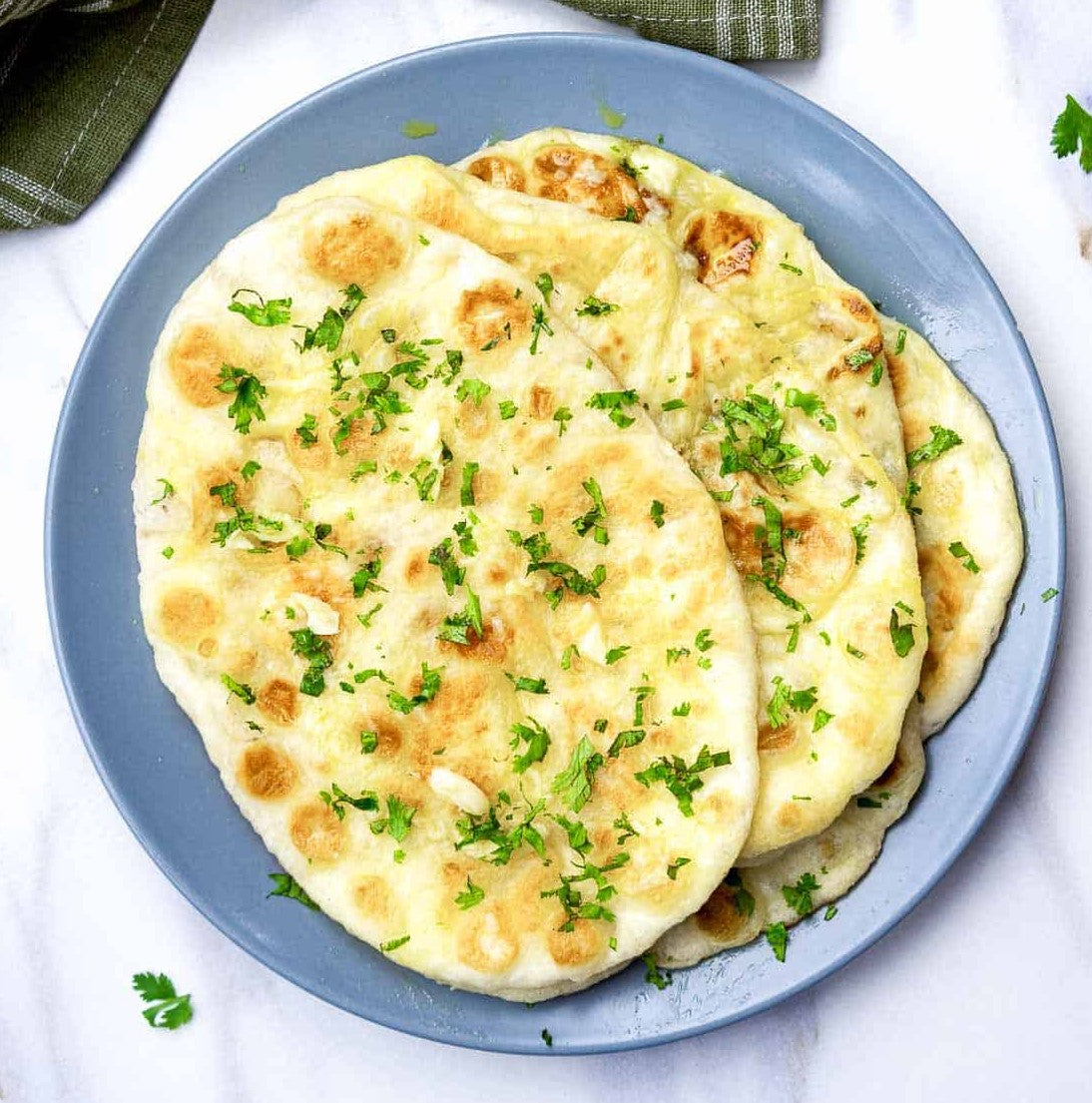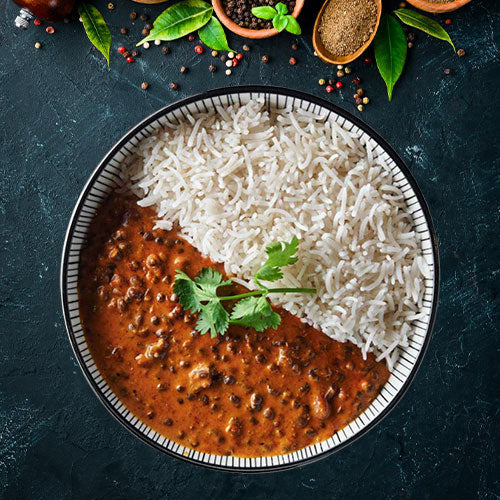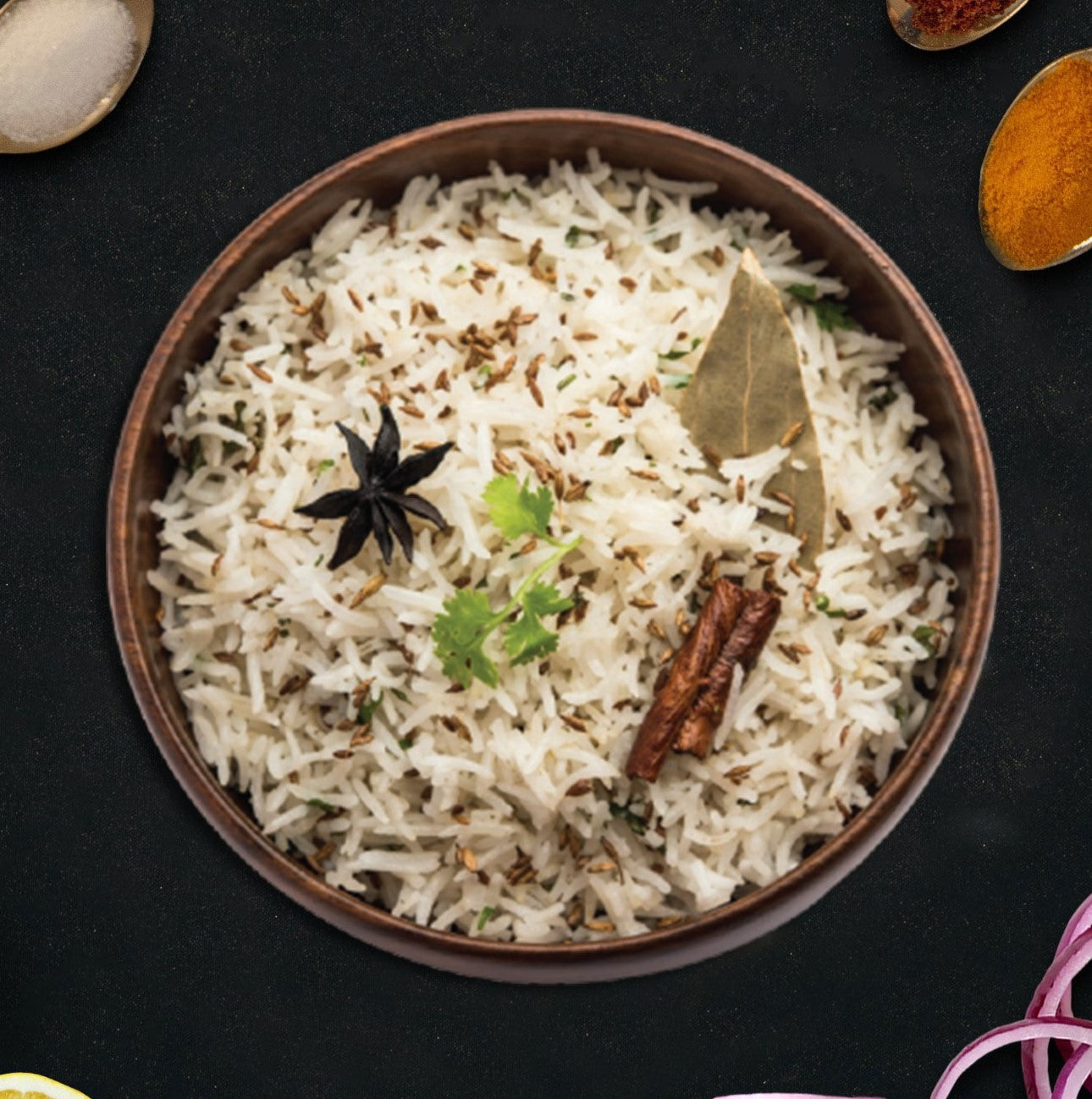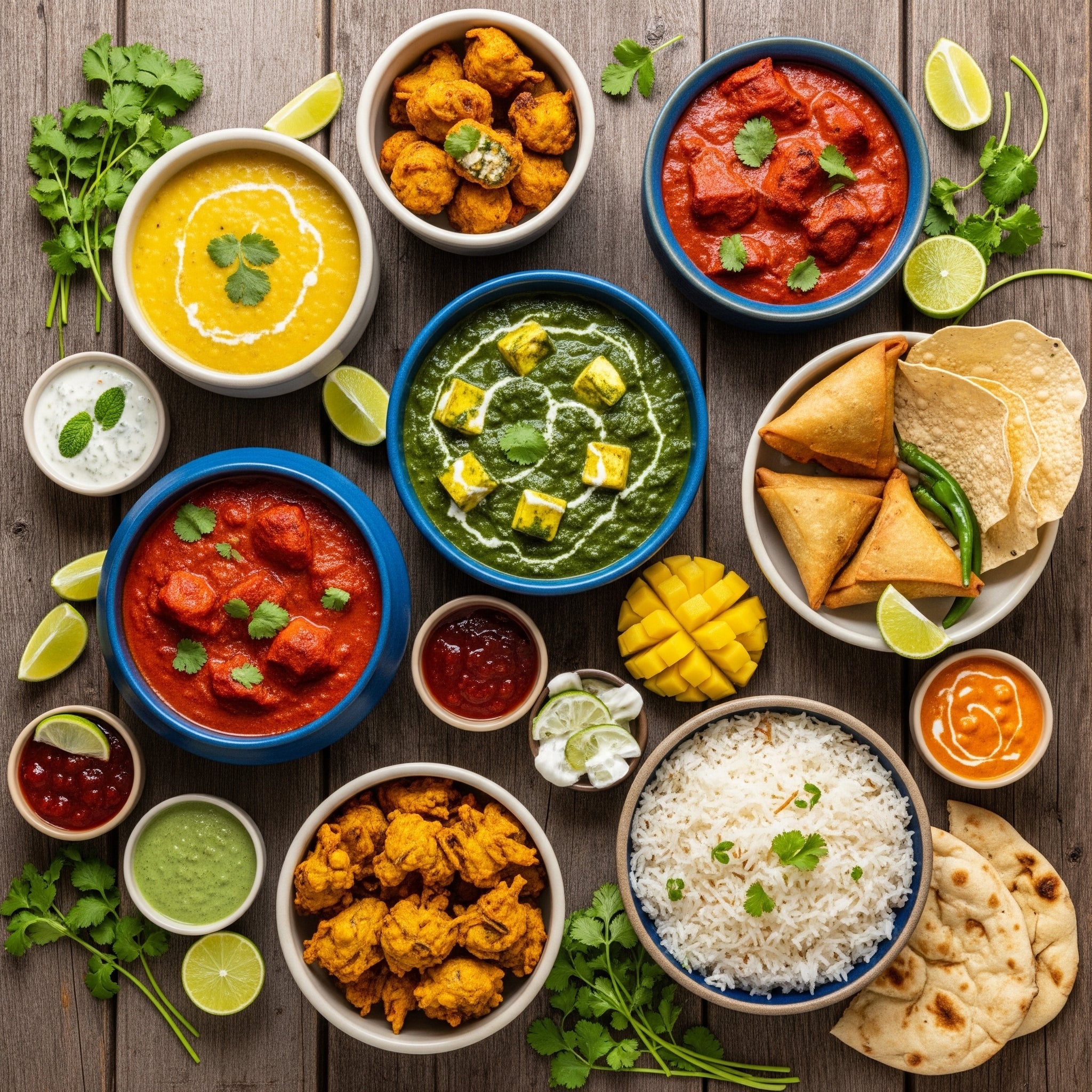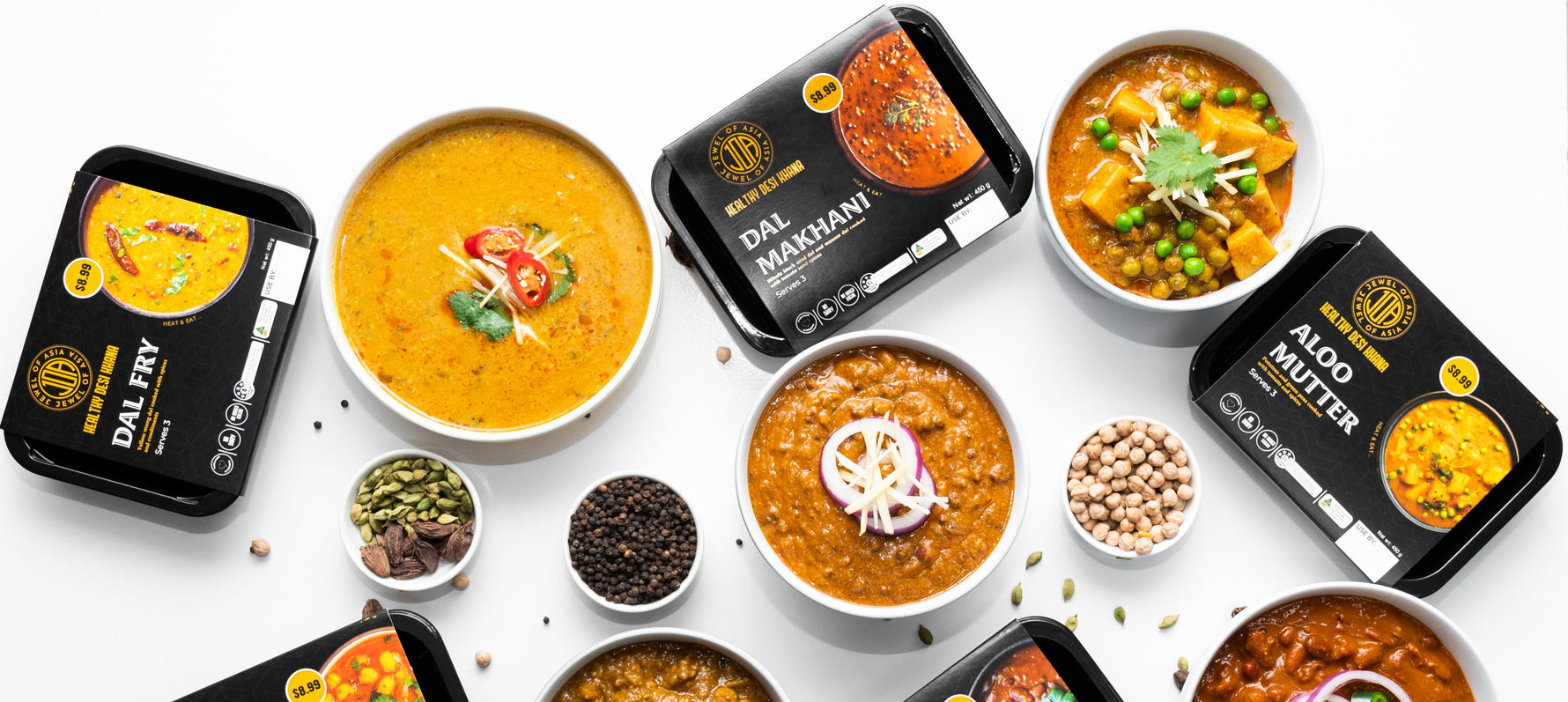
Find an Arabic Supermarket Near Me With This Guide
Ever found yourself typing "Arabic supermarket near me" into your search bar? You're not alone. There's a growing hunger for the authentic experience and treasure trove of flavours that only local grocers can offer, from fragrant spices to freshly baked flatbreads that major chains just can't match.
Why Local Arabic Grocers Are Thriving
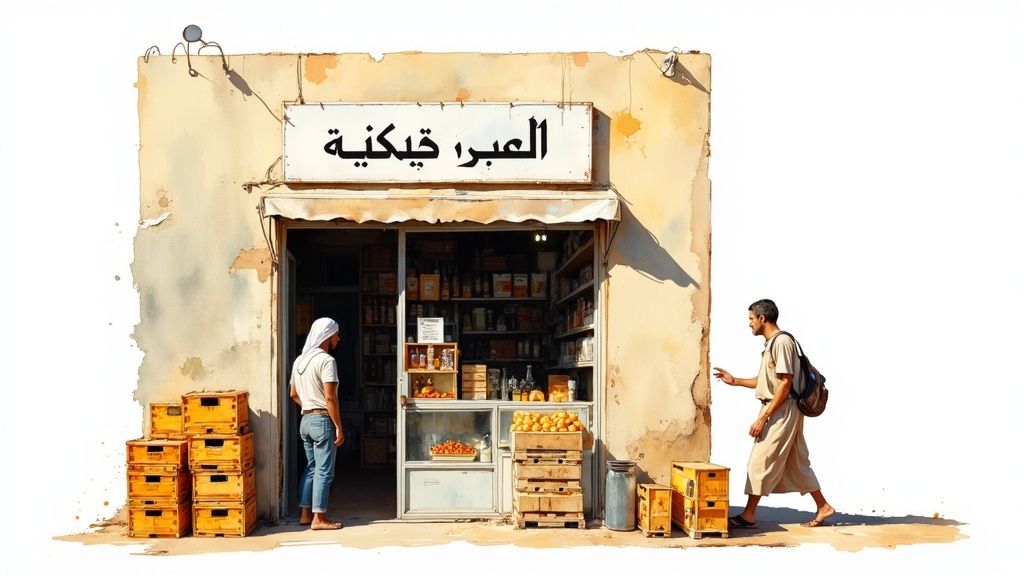
There's a certain magic to walking into a local Arabic grocer. It’s more than just a shopping trip; it feels like stepping into a vibrant community hub. These places connect people with the genuine tastes of home and invite curious food lovers to discover new culinary worlds.
So, why are they so popular? It's simple: they offer specificity and culture. Forget finding one generic brand of tahini. Here, you'll likely find several, each with a distinct texture and flavour profile perfect for different dishes. This commitment to variety turns a routine errand into a rich, sensory journey.
A Taste of Community and Culture
The rise of these specialty stores is a direct reflection of Australia's brilliant multicultural fabric. The 2021 Census noted over 380,000 people of Arab ancestry living here, and as a result, suburbs across Sydney and Melbourne are now hotspots for these culinary gems.
This isn't just a niche trend. It's part of a much larger movement, with Australia's entire ethnic food market projected to hit USD 2.7 billion by 2032. This incredible growth isn't solely driven by diaspora communities; it's fuelled by Aussies from all backgrounds eager to find unique ingredients and explore global flavours. You can dig into more data on this expanding market over at credenceresearch.com.
This passion for authentic, community-focused food is something we see across many cultures. Much like the hunt for the perfect Arabic grocer, discovering a great local Indian market can unlock a whole new dimension of home cooking.
A great local grocer does more than sell food; it preserves traditions, builds community, and invites everyone to explore flavours that tell a story. It’s a place where every aisle has a purpose and every product has a heritage.
How to Find the Best Local Shops
Finding a brilliant Arabic supermarket nearby can feel like uncovering a hidden treasure. It’s the first real step to bringing authentic flavours into your kitchen, but getting beyond the obvious search results is where the magic happens. To find those genuine neighbourhood gems, you need to think like a local and get a little creative with your search.Instead of just typing "arabic supermarket near me" and hoping for the best, get more specific. What are you really looking for? If you're after ingredients for a particular dish, use that in your search. Terms like "Lebanese grocer," "Middle Eastern food shop," or even "halal butcher near me" will point you towards speciality stores that a vague search would completely overlook.
Getting Smart with Your Search Terms
Drilling down with your search terms is the fastest way to get relevant results. A generic query gives you generic answers, but a specific one connects you with businesses that stock exactly what you need.
Here’s a quick guide to help you refine your searches.
| Search Term | What You'll Find | Best Used When... |
|---|---|---|
| "Arabic supermarket" | General stores with a wide range of goods from various Middle Eastern countries. | You're new to the cuisine and want to browse a broad selection. |
| "Lebanese/Syrian/Egyptian grocer" | Shops specialising in products from a specific country or region. | You need specific ingredients for a regional recipe, like authentic Syrian seven spice. |
| "Halal butcher" | Meat shops that adhere to halal practices. They often stock specific cuts for traditional dishes. | You're looking for high-quality, certified halal meat, lamb, or chicken. |
| "Middle Eastern spices shop" | Stores focusing on herbs, spices, nuts, and grains. | You need fresh, high-quality spices like sumac, za'atar, or baharat. |
Thinking about the type of product you need helps the search engine do the heavy lifting for you, connecting you with the right kind of shop from the get-go.
Master Google Maps and Online Reviews
Once you’ve got a shortlist, Google Maps is your best friend for a bit of digital reconnaissance. Don't just check the pin on the map; dig into the details. The first thing to check is the opening hours—nothing’s worse than a wasted trip. Then, look at the star rating. A shop with a 4.5-star rating or higher from plenty of reviews is usually a safe bet.
The real gold is in the user-submitted photos. These give you an honest peek inside, showing you the layout, how fresh the produce looks, and what’s actually on the shelves. It’s a brilliant way to size up a place before you even step out the door.
My biggest tip? Always filter reviews to see the most recent ones. Comments from the last few weeks give you the real story on current stock, customer service, and the quality of fresh items like bread and meat. Feedback from two years ago isn't nearly as helpful.
For more general tips on locating speciality food stores, check out our guide on finding an international grocery store near me.
Tap Into Local Knowledge
Sometimes the best spots aren't even on the first page of Google. That's when you need to tap into the local community's knowledge base.
- Facebook Groups: Jump into your local suburb or community groups. A quick post asking, "Where's the best place to buy fresh pita and labneh around here?" will almost always get you fantastic, firsthand recommendations.
- Online Forums: Sites like Reddit have local subreddits (like r/sydney or r/melbourne) where people love to share their favourite foodie discoveries. It's a great place to ask for those "hidden gem" recommendations.
What a Great Arabic Supermarket Looks Like Inside
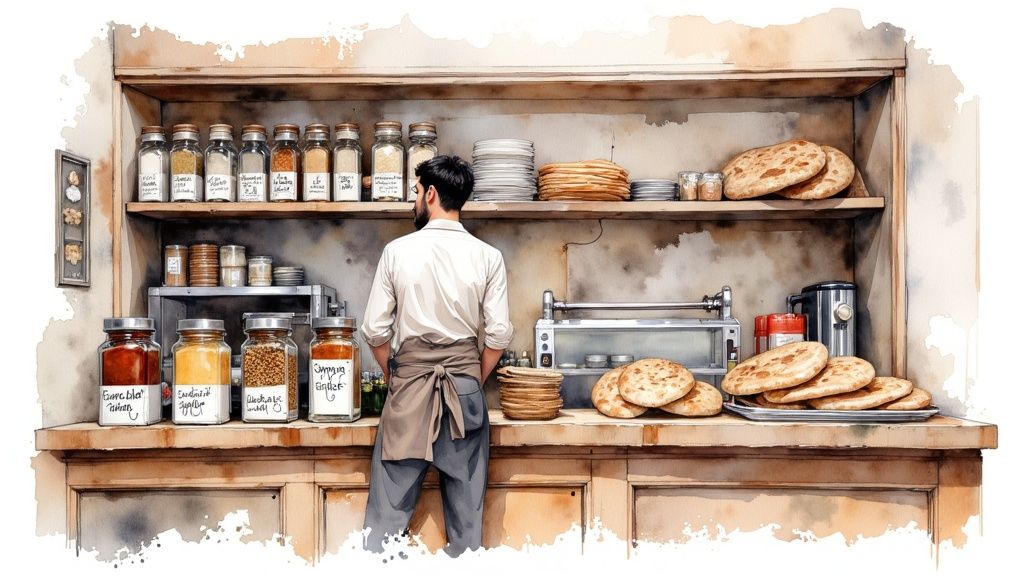
The moment you walk in, your senses should tell you you've come to the right place. A truly great Arabic supermarket is an experience—the smells of spices, fresh bread, and olives hit you immediately. Authenticity isn't just a label; it’s something you can feel in every aisle.
Your first stop should be the fresh section. This is really the heart of the store. Look for a proper halal butchery counter, not just rows of pre-packaged meat. The butchers should be knowledgeable and able to give you specific cuts. Right next to it, you should find a brilliant display of produce, packed with herbs and vegetables vital for Middle Eastern dishes—think bundles of fresh mint, flat-leaf parsley, and those small, firm cucumbers perfect for salads.
Diving into the Aisles: Pantry and Dairy
Now, it's time to wander the aisles. This is where a good store distinguishes itself from a truly exceptional one. A well-stocked Arabic grocer will have a depth and variety of pantry staples you just won't find at a major supermarket chain.
Keep an eye out for shelves dedicated to:
- Aromatic Spices: Forget the basics. You want to see high-quality sumac with its deep red colour, fragrant za'atar blends, Aleppo pepper, and baharat. Their vibrant colours and strong smells are a dead giveaway for freshness. This focus on quality is just as important as when you're tracking down the best Indian spices near me.
- Grains and Legumes: Look for the good stuff—large bags of aged basmati rice, bulgur wheat in fine and coarse varieties, smoky freekeh, and a whole spectrum of lentils and chickpeas.
- A World of Cheese: The dairy section should be a goldmine. You'll want to find staples like salty halloumi that grills beautifully, soft akkawi cheese, and tubs of thick, creamy labneh.
Many of these shops are family-run businesses that are pillars of their communities, helping preserve cultural traditions through food. Within Australia's Supermarkets and Grocery Stores industry, which is projected to have 2,432 businesses in 2025, these ethnic grocers represent a vital and growing segment.
The Little Details That Signal Authenticity
Finally, it’s the small things that really show a store’s commitment to tradition. Do they have a section with freshly baked khubz or pita, maybe still warm from the oven? Do they offer several brands of tahini or pomegranate molasses, each with a slightly different flavour profile from a different region?
A great Arabic supermarket doesn’t just sell ingredients; it offers a direct connection to culture. When you see handwritten signs, hear staff chatting with customers in Arabic, and find products you’ve never seen before, you know you’ve found the real deal.
These are the clues that tell you your search for an "Arabic supermarket near me" has led you to a place that will genuinely elevate your cooking and bring the true taste of the Middle East to your kitchen.
Making Your First Visit a Breeze

Heading to a smaller, independent grocer for the first time is a bit different from your weekly run to a major supermarket chain. With a little bit of prep work, your hunt for an "Arabic supermarket near me" will wrap up with a fantastic and stress-free shopping experience.
Many of these wonderful local shops are tucked away in busy suburban centres, and that often means one thing: parking can be a headache. Before you even grab your keys, pull up the store on Google Maps and switch to the satellite view. A quick look can tell you if there’s a dedicated car park or if you'll be circling for a spot on the street.
A Few Insider Tips Before You Go
Picking the right time to visit can completely change your shopping trip. If you can swing it, weekday mornings are usually the quietest. You’ll have plenty of room to explore the aisles and won't feel rushed. Weekends, on the other hand, are often buzzing with families stocking up for the week, which is a great atmosphere but can be pretty crowded.
It's also worth thinking about how you'll pay. Most places are set up for cards these days, but some of the smaller, family-owned stores might have a minimum spend for EFTPOS or even prefer cash. Tucking a bit of cash in your wallet is always a solid backup plan, just in case.
My Two Cents: Don't forget about accessibility. If you'll have a pram or need wheelchair access, it pays to check ahead. Look for recent photos of the storefront online or just give them a quick call. A moment of planning can make sure your visit is comfortable and easy from the get-go.
Finally, have a think about how you’ll get there. Heaps of authentic grocers are right near public transport. Checking the local bus or train routes might just save you from the parking drama altogether, letting you focus on the delicious food you're about to find.
Finding Arabic Groceries Online
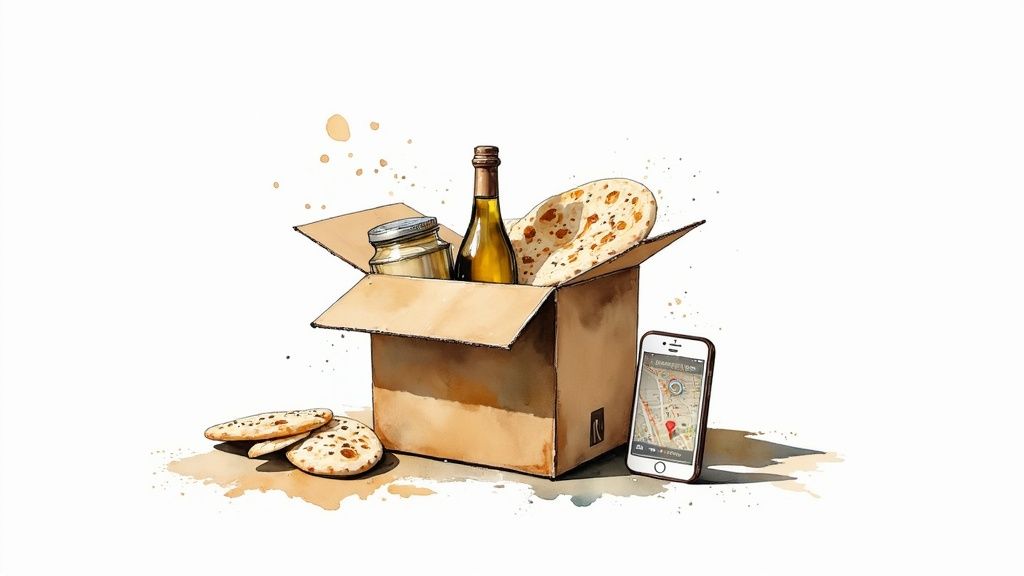
So, what happens if your search for an "Arabic supermarket near me" doesn’t turn up anything convenient? Don’t throw in the towel just yet. These days, you can get just about anything delivered, and that includes authentic Middle Eastern groceries. Everything from fresh halloumi and tubs of labneh to those specific spices you can’t find anywhere else can land right on your doorstep.
Of course, buying groceries online—especially fresh stuff—isn't quite the same as picking them out yourself. You need to be a bit of a detective before you hit 'add to cart'. First thing I always look for is a freshness guarantee. Does the store have a clear policy on how they pack and ship perishables like meat, dairy, or fresh-baked bread? A solid guarantee tells you they’re confident in their quality.
Next up, do a deep dive into the customer reviews. I find it’s best to ignore the glowing one-liners and the overly angry rants. Instead, look for the detailed, balanced feedback. What are people saying about delivery times? Was the cold stuff still cold when it arrived? Consistent complaints about melted cheese or bruised produce are a pretty clear sign to shop elsewhere.
Comparing Costs and Finding Value
It’s easy to get excited by the product prices, but don't forget about shipping. Those delivery fees can sneak up on you and turn a good deal into an expensive one. It’s always worth comparing a couple of different online grocers to see where the real value lies.
Here’s what I usually check:
- Free shipping: Is there a minimum spend to get free delivery? Sometimes adding a few pantry staples is cheaper than paying for shipping.
- Subscriptions: If you’re regularly buying things like olive oil or coffee, some stores offer a small discount for recurring orders.
- Delivery speed: For fresh meat or produce, paying a little extra for faster, refrigerated shipping can be well worth the peace of mind.
This move to online is part of a bigger shift happening across Australia's massive AUD 199 billion grocery market. While the big supermarkets have a huge footprint, the growth of specialised online grocers is bringing a fantastic amount of choice and competition. These smaller businesses often thrive by offering unique products the big chains don't stock. You can read more about Australia's evolving supermarket sector on gourmetpro.co for some interesting insights.
The best online Arabic grocers operate with transparency. They make their delivery policies easy to find, showcase clear photos of their products, and have a responsive customer service team ready to answer your questions about freshness and shipping.
And don't forget another great option: specialty meal delivery services. If you're craving authentic flavours but are short on time, services that focus on ready-to-eat Middle Eastern dishes are a lifesaver. It’s the perfect way to get your fix without having to cook from scratch.
Your Questions Answered
Stepping into a new Arabic supermarket for the first time? It's natural to have a few questions. Getting them sorted out beforehand will make your first shopping trip feel less like a task and more like an adventure.
Here are a few things people often wonder about.
Is It More Expensive Than a Regular Supermarket?
This is probably the most common question, and the answer is usually a pleasant surprise. While you might find that some specialty imported goods cost a bit more, you’ll likely save money on many everyday staples.
Things like spices, grains, and legumes are often sold in bigger bags for a much better price per kilo. I've found that fresh produce and the halal butcher counter are often incredibly competitive, sometimes even cheaper than the big chains. Your best bet is to do a quick price check on a few items you know well on your first visit.
Do I Need to Speak Arabic?
Not at all. While these grocers are definitely community hubs, the staff are used to serving customers from all backgrounds. You'll almost always find they're bilingual and happy to chat in English.
Plus, most of the packaging has English descriptions right on the label, so you'll have no trouble figuring out what you're buying. Don't be afraid to ask for help or a recommendation!
Your First Shopping List:
If you're not sure where to begin, grab these three game-changers for a fantastic introduction to Middle Eastern cooking:
- Za'atar: A fragrant, earthy spice blend that's amazing on fresh bread with olive oil, sprinkled over salads, or rubbed onto chicken.
- Tahini: This creamy sesame paste is essential for making your own hummus, but it’s also incredible in dressings and dips.
- Pomegranate Molasses: A sweet, tangy syrup that adds a massive flavour boost to marinades, glazes, and vinaigrettes.
With just these three ingredients, you'll have a solid foundation for whipping up some seriously delicious dishes.
Can't get to an Arabic supermarket, or just love the idea of having meals sorted for you? Jewel of Asia delivers authentic, chef-prepared meals straight to your door in Sydney, Melbourne, and Brisbane. They have over 50 preservative-free dishes to choose from—including plenty of vegetarian and vegan options—so you get that homestyle flavour without any of the work. Explore the menu and order your first taste of convenience today!
Share
